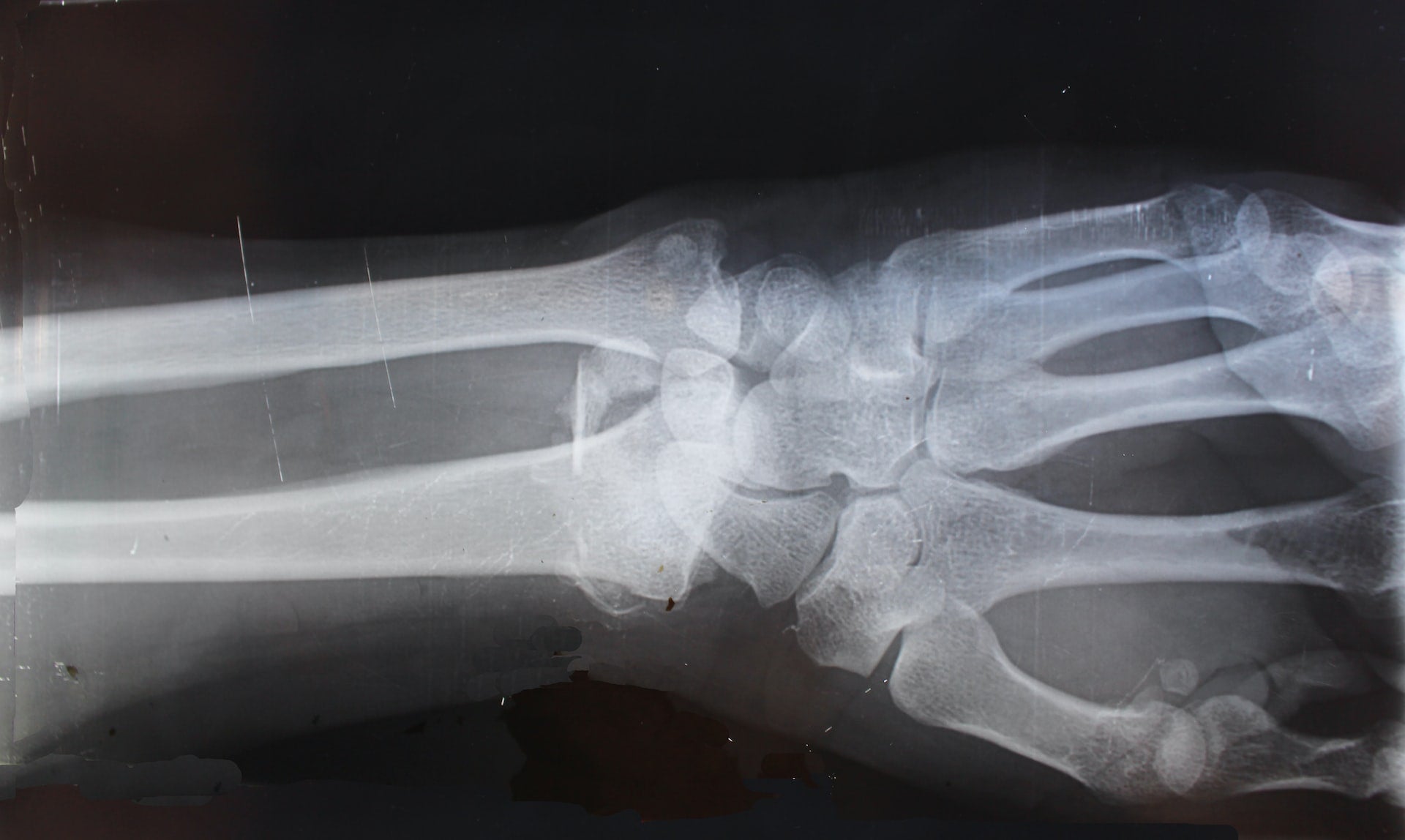The sleep disruptions associated with sleep apnea have long been associated with a wide variety of negative health outcomes, such as an increased risk for high blood pressure, heart disease, type 2 diabetes, depression, and more.
But now, researchers have found a connection between untreated sleep apnea and the health of your bones and teeth. These new findings illustrate yet another reason why individuals with sleep apnea should take steps to mitigate their condition with the help of a CPAP machine and healthy lifestyle changes.
New Findings on Sleep Apnea and Bone Density

The new research was led by a team at the University of Buffalo, which used X-rays to compare the bone density of individuals with and without obstructive sleep apnea. Even when accounting for other factors (like age and sex), the study determined that those with obstructive sleep apnea had much lower bone mineral density.
As the researchers explained, “low bone mineral density is an indicator of osteoporosis – a condition in which bones become weak and brittle. In addition to increasing the risk of fractures, low bone mineral density also impacts oral health, causing teeth to become loose and dental implants to fail.”
In other words, low bone mineral density can increase one’s risk for injury and other issues that can greatly harm your quality of life. The researchers recommended that healthcare providers use this information to advise individuals with obstructive sleep apnea of potential risks for osteoporosis and to seek additional care and guidance as needed.
The Importance of Good Sleep

While the researchers were quick to note that additional studies with larger sample sizes are needed to better understand the potential link between sleep apnea and low bone mineral density, this serves as yet another reminder that few things are more important to your well-being than quality sleep.
As the Harvard Medical School notes, “While sleeping well is no guarantee of good health, it does help to maintain many vital functions. One of the most important of these functions may be to provide cells and tissues with the opportunity to recover from the wear and tear of daily life. Major restorative functions in the body such as tissue repair, muscle growth, and protein synthesis occur almost exclusively during sleep.”
Getting quality sleep can affect everything from relative body fat and the risk for cardiovascular disease to supporting the body’s immune function and reducing the risk of illness. With sleep having such a big impact on the rest of the body, it doesn’t seem all that surprising that it would also affect bone health.
For individuals with sleep apnea, this makes using a CPAP machine an absolute must. A steady flow of pressurized air during the night will help prevent nighttime sleep interruptions for more rejuvenating rest. Other basic sleep tips, such as avoiding screen time before bed and sleeping in a cool, dark room, can also improve sleep length and quality.
Tips For Improving Bone and Teeth Health

If you have been dealing with obstructive sleep apnea for some time, there is a decent chance that you may have suffered from bone mineral density loss. And while osteoporosis is not fully reversible, there are still things you can do to rebuild bones and limit further bone loss (aside from using your CPAP machine, of course).
Key lifestyle changes are the best options for improving the health of your bones and teeth, starting with a nutrient-rich diet. Dairy products and other foods that are rich in calcium and Vitamin D are especially important — calcium strengthens the bones, while Vitamin D makes it easier for the body to absorb calcium. In addition, eating at least five servings of fruits and vegetables per day has been linked with reduced risk of hip fractures. Omega-3 fatty acids in fish are also associated with improved bone health.
Consistent exercise is also known to help the body maintain its bone density. This is because the added stress that occurs during exercise will prompt the body to build more bone tissue. Even relatively straightforward activities like jogging, walking, climbing stairs, or weight lifting can provide these benefits. Regular exercise can also improve sleep quality!
Other lifestyle changes that can improve bone health and sleep quality are quitting smoking and reducing alcohol use. Avoiding these substances also reduces your risk for other serious health issues. You’ll sleep better and feel better by removing them from your life.
Some individuals may also benefit from taking dietary supplements or medications designed to prevent or reverse bone loss. However, you should consult with a physician to determine if this is right for you.
Get Quality Sleep With a CPAP Machine!
Even if the exact connection between sleep apnea and low bone mineral density still isn’t entirely clear, one thing is certain: those who have sleep apnea should do all they can to keep their condition in check. And few things can make a bigger difference than a quality CPAP machine.
Of course, CPAP machines, as well as masks and other equipment, can be quite costly if you don’t have insurance coverage to help. This is where No Insurance Medical Supplies comes in. With deep discounts on a wide range of CPAP machines (including certified pre-owned equipment), free shipping on orders over $99, and available financing, it’s never been easier to get the CPAP equipment you need.
By making use of your prescribed CPAP equipment, you can enjoy the quality rest that will greatly improve your entire well-being — starting with your bones!


What I expected to read in your article was the little understood link between sleep apnea and bruxism and/or teeth clenching.
Posted by Grant Smeaton Murdie